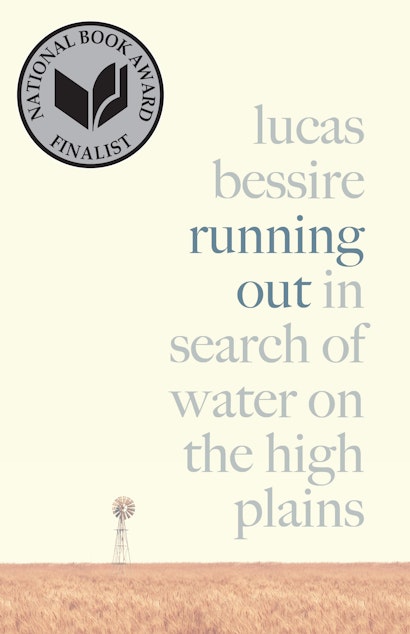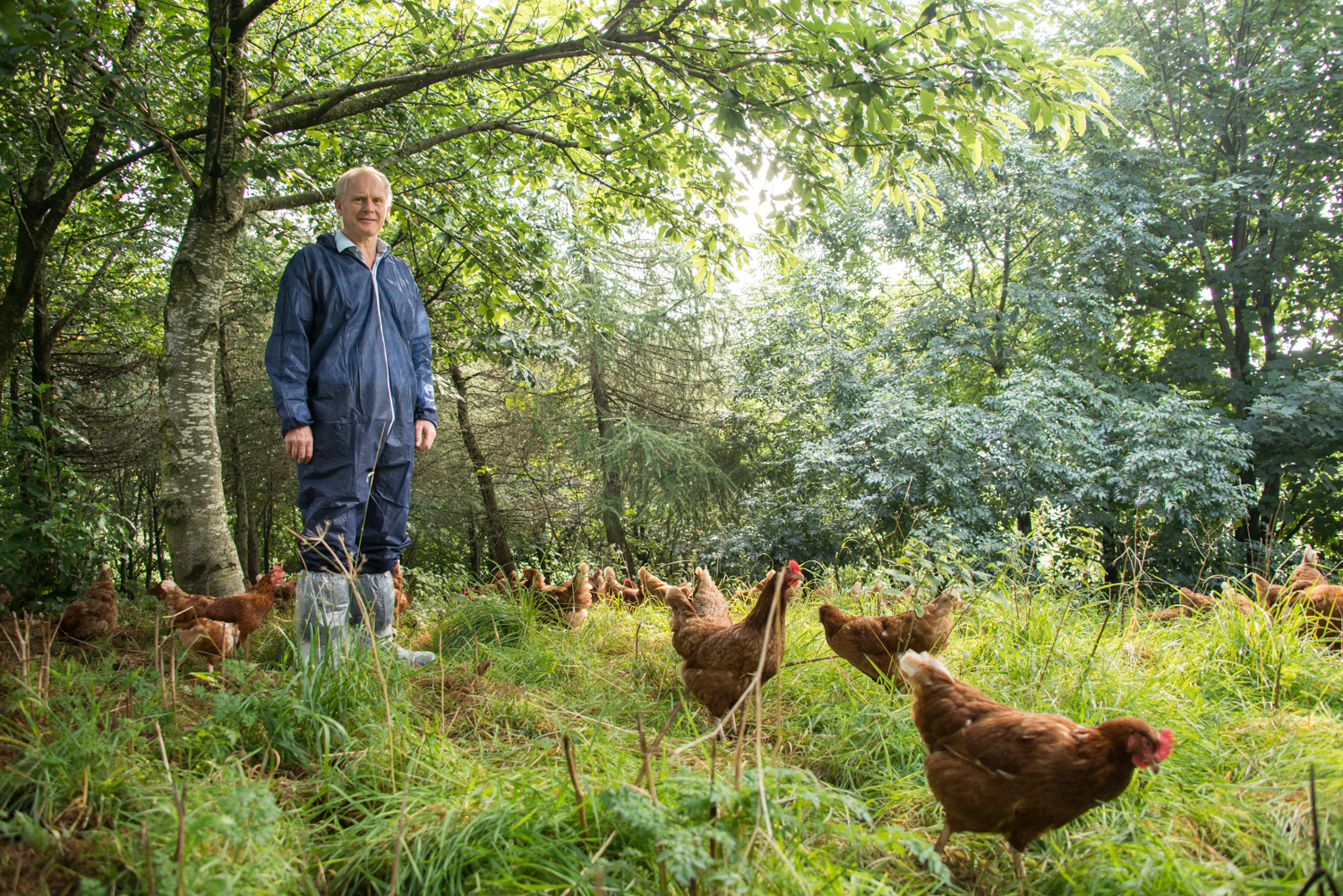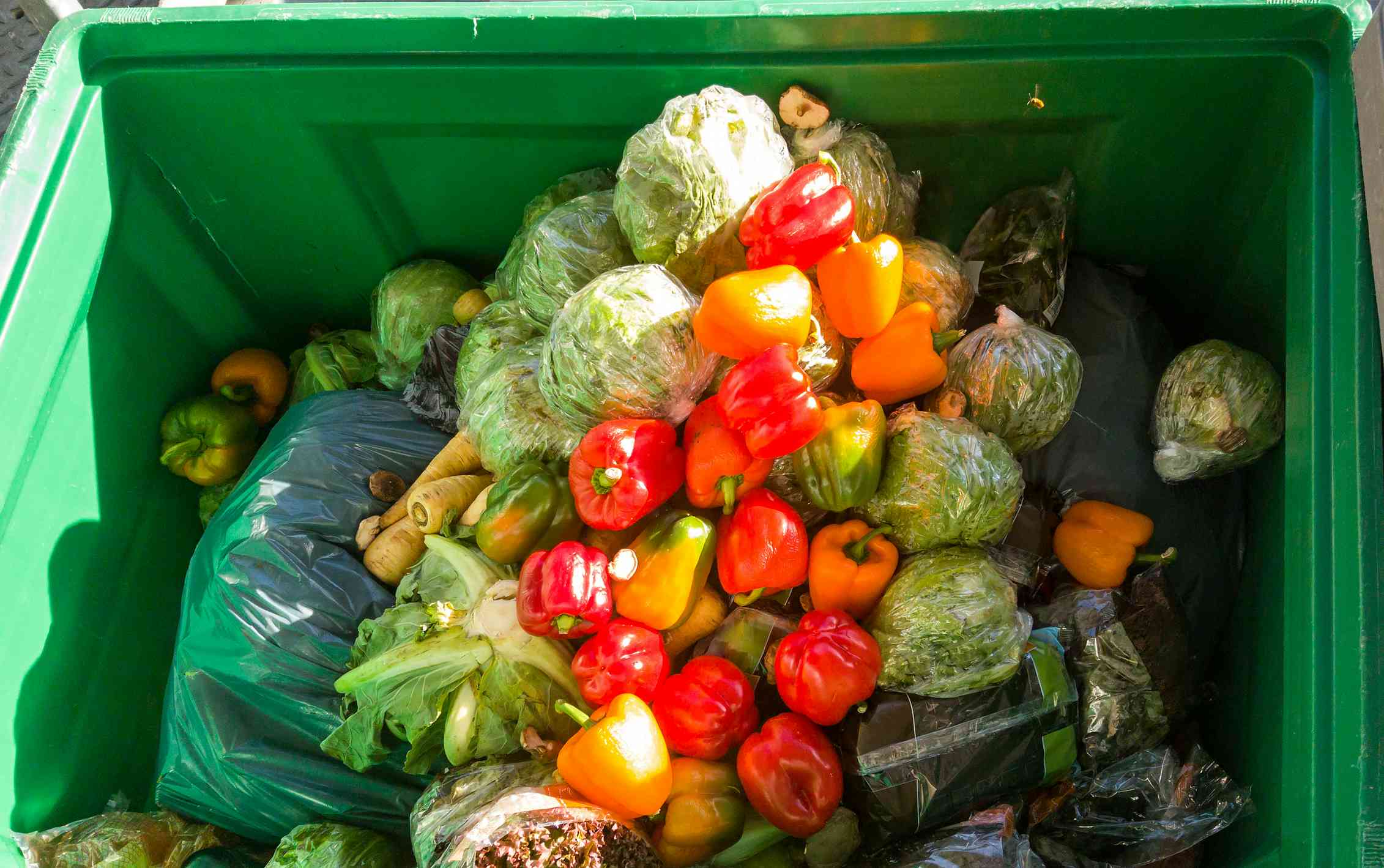Top news of the week: 02.09.2021.
Water
Economics
Food and Agriculture Organization
Wildculture
Poverty
Costs
Food
Weekend reading: The demise of the Ogallala Aquifer https://t.co/YFHP3zXRLC
OpenWeekend reading: The demise of the Ogallala Aquifer
Lucas Bessire. Running Out: In Search of Water on the High Plains. Princeton University Press, 2021. The website blurb for this book says it is “An intimate reckoning with aquifer ...
More important than the food you eat? How it's made! 💚
#Organic and nature-friendly systems protect #biodiversity by producing food in a way that works with the environment 🌿
Read up on #agroecology, where nature and farming go hand in hand: https://t.co/Ktv7BlZeKS https://t.co/tH51KwdYUD
OpenWhat is Agroecology?
Agroecology is sustainable farming that works with nature. Agroecology promotes farming practices that; Mitigate climate change - reducing emissions, recycling resources and …
Sustainable farming cuts down on food waste.
https://t.co/LmhQWtDAHT
OpenWe throw away a third of the food we grow – here’s what to do about waste
Food waste is responsible for 3 billion tonnes of carbon dioxide emissions.
The true cost of food is often greater than what’s on the label. True cost accounting may allow for "laws to make food companies pay for water pollution, or to pay farmers to incentivize practices that reduce social and environmental costs" - @lisaelaineh https://t.co/hdHXqwgXEG
OpenCan Accounting for the True Cost of Food Change the Global Food System?
A new book argues that it’s not only possible to measure the human, social, and environmental impacts of food from production to consumption—it’s essential.



